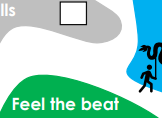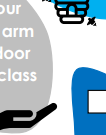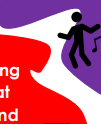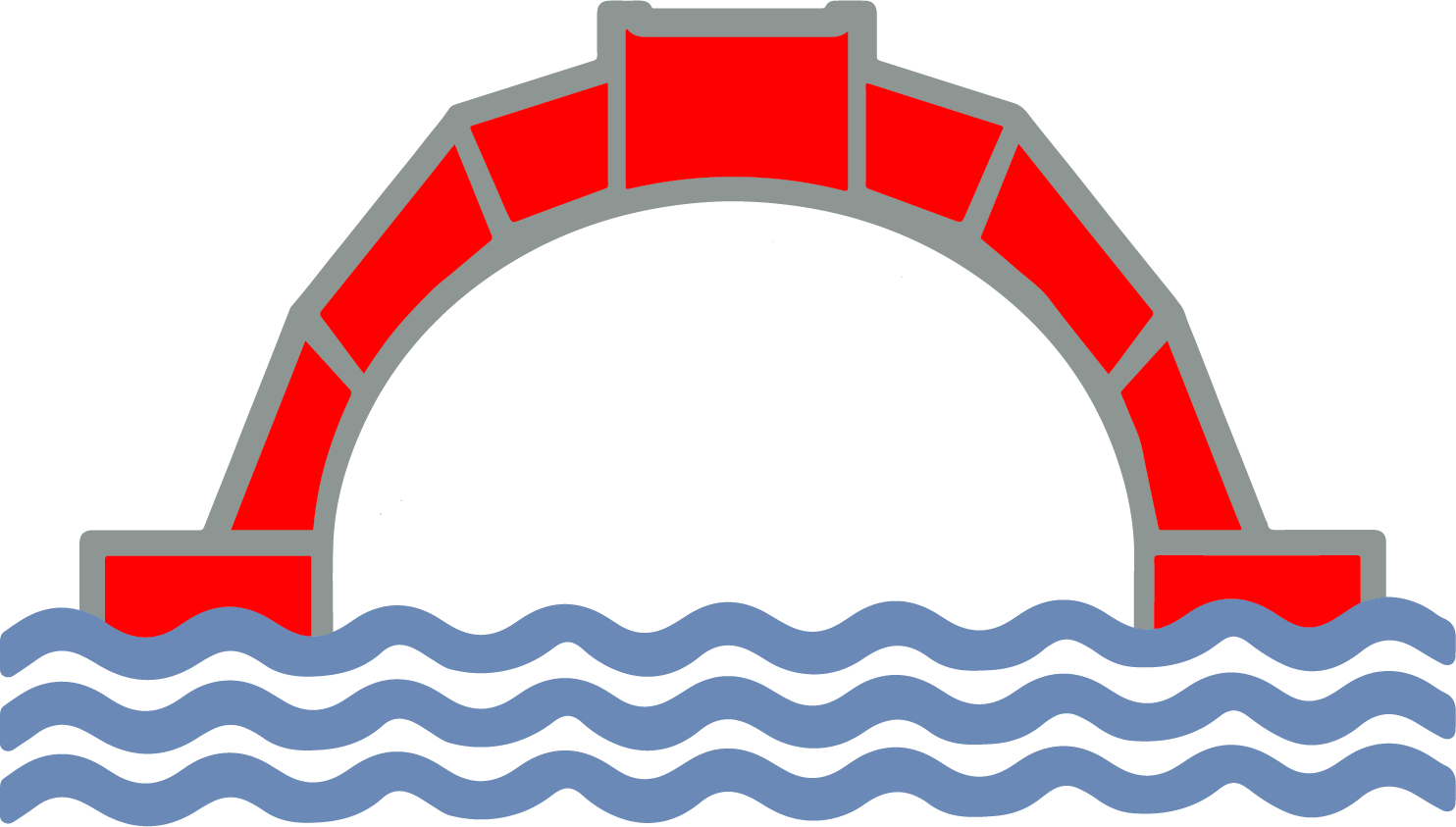Curriculum and Assessment
At Whitehall Junior School, your child’s learning is taken from the National Curriculum and a locally agreed syllabus for religious education. The Curriculum aims to provide opportunities for all pupils to learn and achieve; to prepare all pupils for the opportunities, responsibilities and experiences of life. Through their learning experiences, our pupils are also encouraged to further their spiritual, moral, social and cultural development. It is our aim that pupils experience a curriculum that is rich, relevant and imaginative.
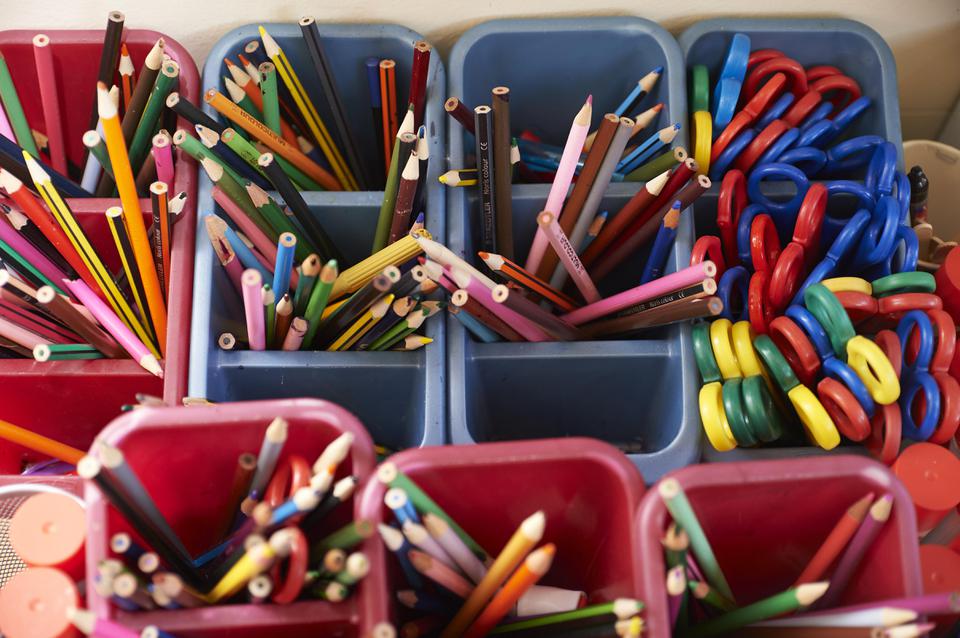
Some of our best learning takes place outside of the classroom environment, it also occurs during playtimes. We encourage our children to make full use of the facilities on site. Lessons may take place in the ICT Suite, the cookery room, the Studio, the library or on the field. Similarly, we take our children on visits which will enrich their learning experience. Such visits may be planned to deepen their understanding of a particular subject or to stimulate interest in a new theme of study. We want our pupils to engage with the best possible 'beautiful' resources and we are so fortunate to have some of the world's greatest museums, buildings and galleries on our doorstep.
We fully appreciate your support as we work together to educate the citizens of the future. In our welcoming and inclusive school, we strive to be the best in everything we do. Our learners need to develop the knowledge and emotional literacy that will enable them to become fully equipped to cope with the challenges of adult life. Our curriculum reflects this by promoting mental well-being, having high ambition for all and encouraging thinking. Our curriculum has been sequenced logically to give pupils the best possible access to new learning; for example, our historical studies follow a chronological order from Year 3 to Year 6 and our geographical learning starts closest to home and then expands world-wide. We share key knowledge with families at the start of each new term through year group newsletters, knowledge mats and vocabulary lists (including etymology), in order that conversations at home can deepen school-based learning. We place value on oracy, wanting our pupils to become articulate citizens.
Our teachers work hard to plan new and exciting opportunities for learning. We always raise aspirations in English and mathematics. RE teaching will continue to follow the locally agreed syllabus which reflects the diversity of our community. This richness of diversity enhances learning, with pupils sharing knowledge about different cultures, especially when exploring new texts. Parents have the right to withdraw their child from all or parts of RE lessons by contacting the Headteacher in writing.

At Whitehall Junior, our teachers' assessment of pupils is on-going; every lesson offers our teachers an insight into pupil learning and this enables them to adapt their teaching responsively. We also formally assess reading, grammar, writing and mathematics three time a year. We use the outcomes of these assessments to plan the next steps in learning. The outcomes of these assessments are shared with our families so they can support their child's development. We fully comply with national end of Key Stage assessments. Parents receive official feedback on their children's learning through our termly 'Attainment & Attitude' sheets, our end of year report and by attending parents' meetings.
Please speak to your child's class teacher if you would like any further information about our curriculum. While annual curriculum overviews are published below, termly information may be found on your child's year group page (within the 'Children' menu).
Our Approach to the Curriculum Subjects
At Whitehall Junior School, our teachers are reflective practitioners; we want to ensure that what we teach the children, when we teach it and how we do so is carefully considered to ensure the best provision for our learners. We liaise with Whitehall Infant School to ensure that both schools have knowledge of a child's learning journey from nursery through to Year 6. We want our pupils' learning to be memorable, so it 'sticks' in their memory and offers them a framework onto which to build connections with new knowledge. Reading competence and a wide vocabulary are essential parts of this process. As a staff, we read and reflect on the work of many in the field of education. Most recently, this has involved the work of Mary Myatt, Doug Lemov, Daniel Willingham, Peps Mccrea, Paul Dix and Bjork & Bjork. Subject leaders reflect on our pedagogical practice and establish the approach they seek colleagues to adopt when planning a sequence of learning. Outlines of these approaches can be found below - they provide an overview of our intentions for each subject and how these will be implemented (and planned for) in order that teaching and learning will have the desired impact.
Planning our Curriculum
Weekday Wonders!
With a great location, here in Uxbridge, we are able to offer our pupils a wealth of exciting and enriching learning opportunities. Through our 'Weekend Wonders' school-devised scheme, we offer families suggestions for free activities and experiences to enjoy together as a family in their own time. However, our 'Weekday Wonders' provide rich, relevant and imaginative curriculum experiences which develop the whole child. We want our children to be keen and excited about coming to school; to wonder about what new learning they will be exposed to each day - to want to be in school every day. Our Weekday Wonders do just that - they create fantastic learning memories which will enthuse and inspire and help learning to 'stick'. Every year group carefully plans deliberate curriculum experiences which go above and beyond daily lessons. The trouble is, if we were to share these here it would spoil the surprise! Whilst we will send out our Weekday Wonders to families at the end of the school year, we can only reveal a tiny glimpse here, just enough to whet your appetites.

